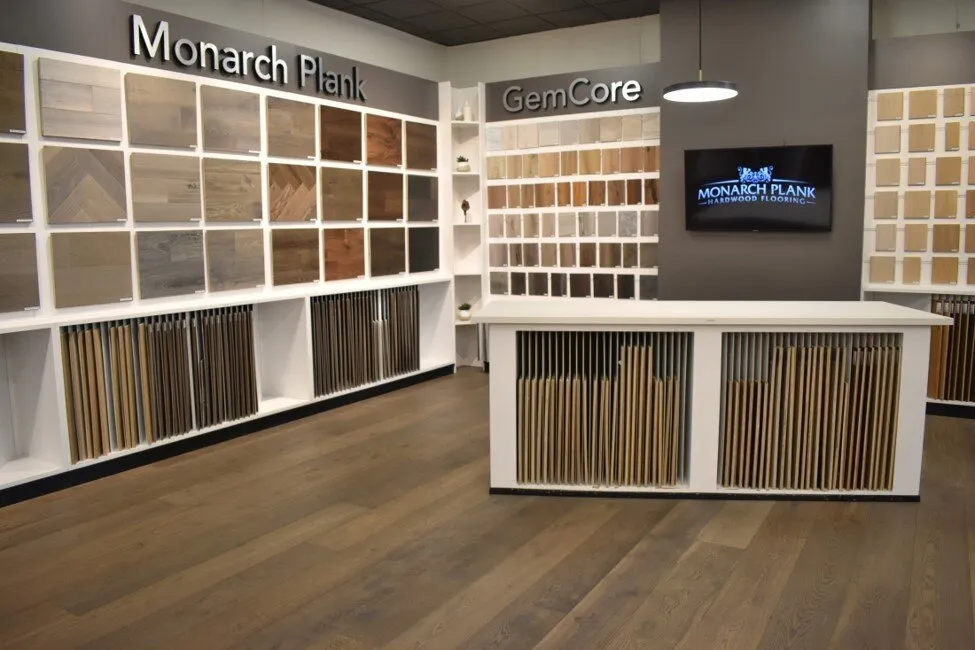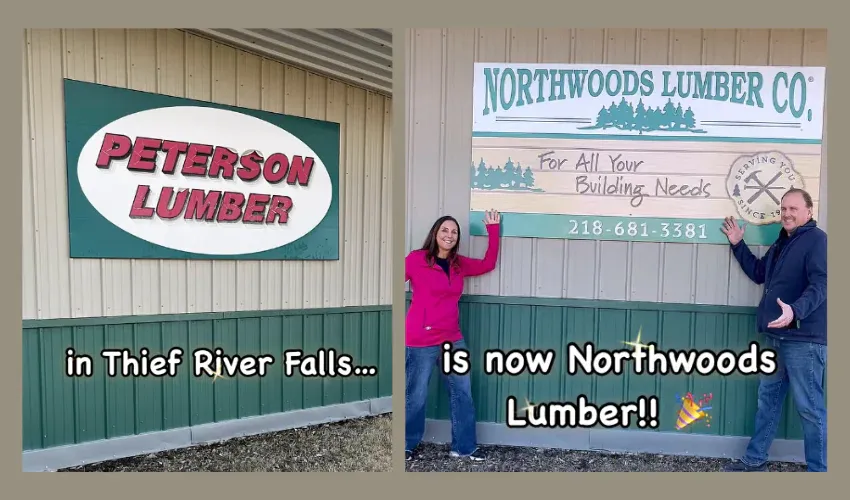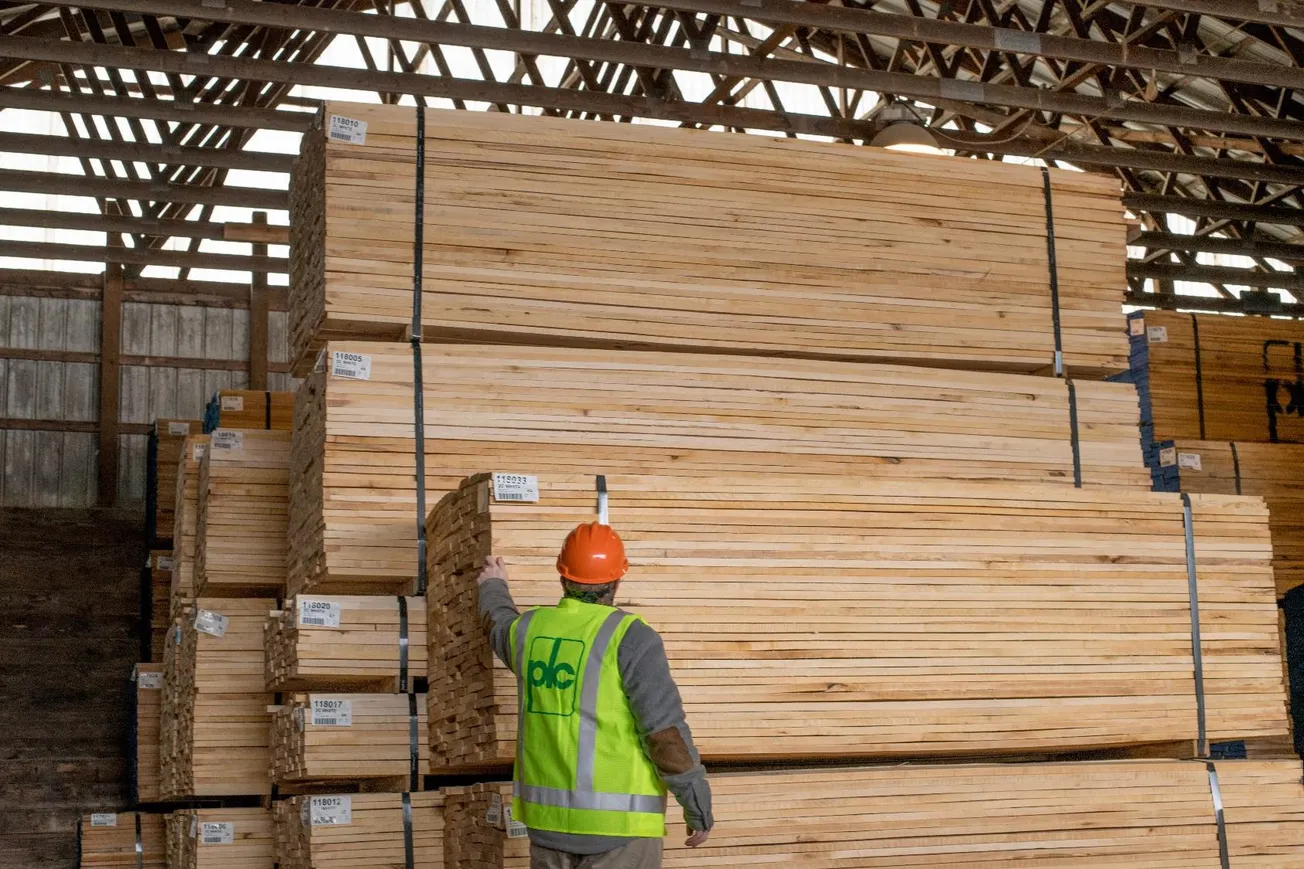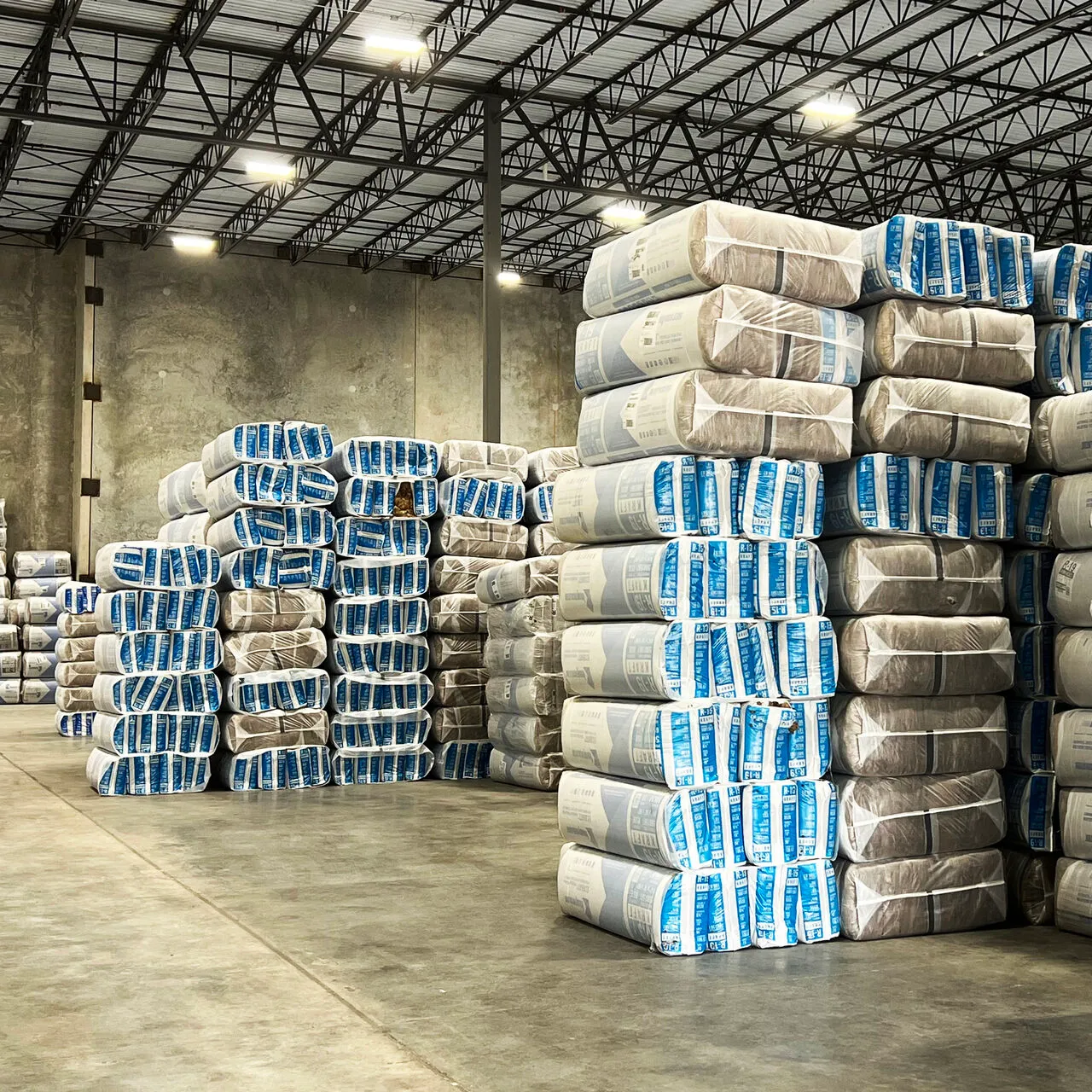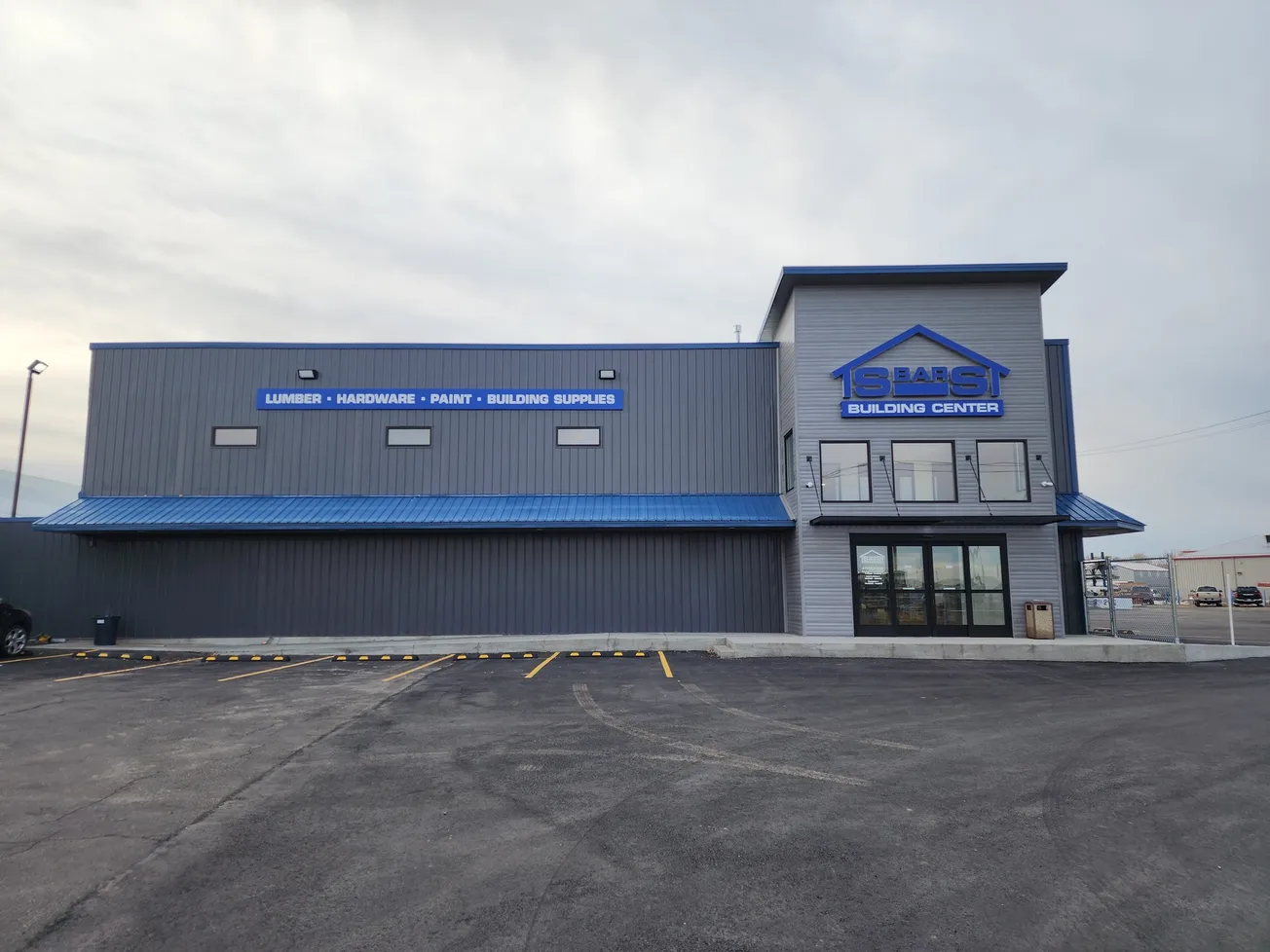Table of Contents
Redwood and vineyards. They’re no doubt California cultural icons. As vineyards along the West Coast prepare for a future that blends agriculture with retail experiences, the choice of building materials matter. Whether achieving green certification or reinforcing the natural roots of the products enjoyed by customers, redwood and vineyards have more in common than you might think.
After all, the naturally occurring tannins in redwood give redwood its unique color and durability; while the tannins in grape skins give wines their unique flavor, color, aroma, and other qualities. And as customers want to know more about the origins of the products they purchase, the sustainability of the product only adds to the brand’s reputation.
It only follows that redwood is a natural choice for vineyards and wineries improving their public facilities. Redwood is naturally strong and durable, shrinks and swells less than other woods, and is less likely to warp or split. This natural strength, combined with its environmental benefits, makes redwood an ideal choice for any number of landscaping designs like pergolas and arbors.
Take, for instance, the Jeriko Estate Resort and Winery in Hopland, Ca. Situated just north of wine country neighbors Napa and Sonoma, Jeriko is a winery, working organic farm, and overnight resort. The owners wanted to highlight the beauty of the natural surroundings on the property and honor their Tuscan design roots. To achieve that, two redwood timber pergolas were installed on the winery grounds. While visually beautiful, the natural redwood timbers also supported the Jeriko commitment to sustainability and responsible consumption; the working farm is certified organic and biodynamic.
A little bit of California traveled to West Linn, Or., where Tumwater Reserve Vineyard also used redwood timbers to define an outdoor patio space for the vineyard’s Barrel House. It was the perfect complement to the main building’s timeless post and beam construction. It is used for public and private events, and also serves as a gateway to a neighboring residential development.
As the vineyard is enrolled in the Low Impact Viticulture and Enology (LIVE) program, building sustainability into every aspect of the business was critical. Humboldt Redwood timbers are Forest Stewardship Council (FSC C005200) certified. Through FSC guidelines and modern forest management practices, more redwood trees are grown each year than are harvested.
While there are many fine qualities to elevate redwood as a product when designing and building a new structure, its durability and biodegradability are important factors for the life of the project. With minimal maintenance, redwood timbers last for decades and will withstand the elements of time and weather while continuing to look great. Less time spent on maintenance means vineyard staff can spend more time focusing on farm and winery operations and attending to their guests’ overall experience. At the end of its useful life, redwood is biodegradable, returning to the earth to help grow more trees.
The durability and versatility of redwood timbers is not limited to just vineyards, though. There’s a good chance that some of your customers are planning projects that would also benefit from the natural qualities that make redwood truly one of a kind.





